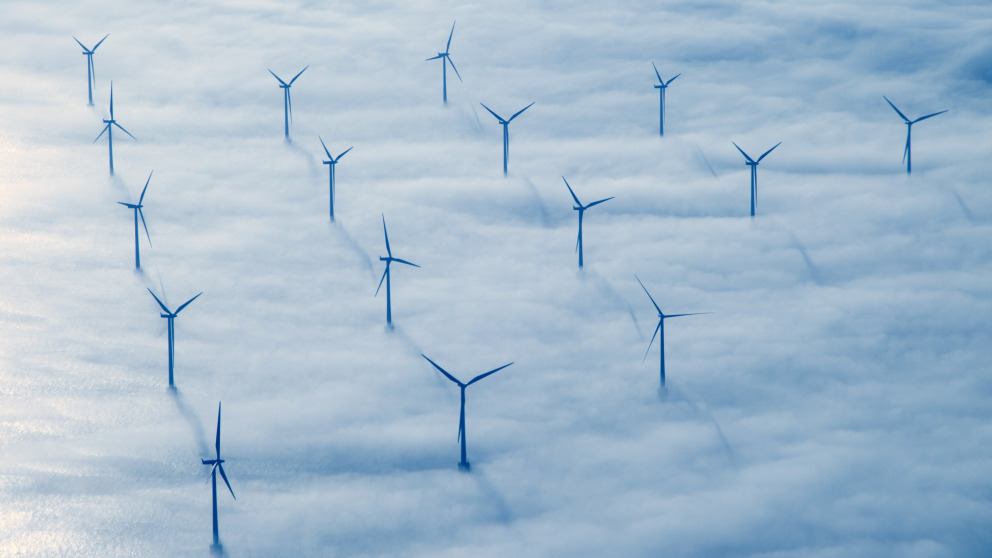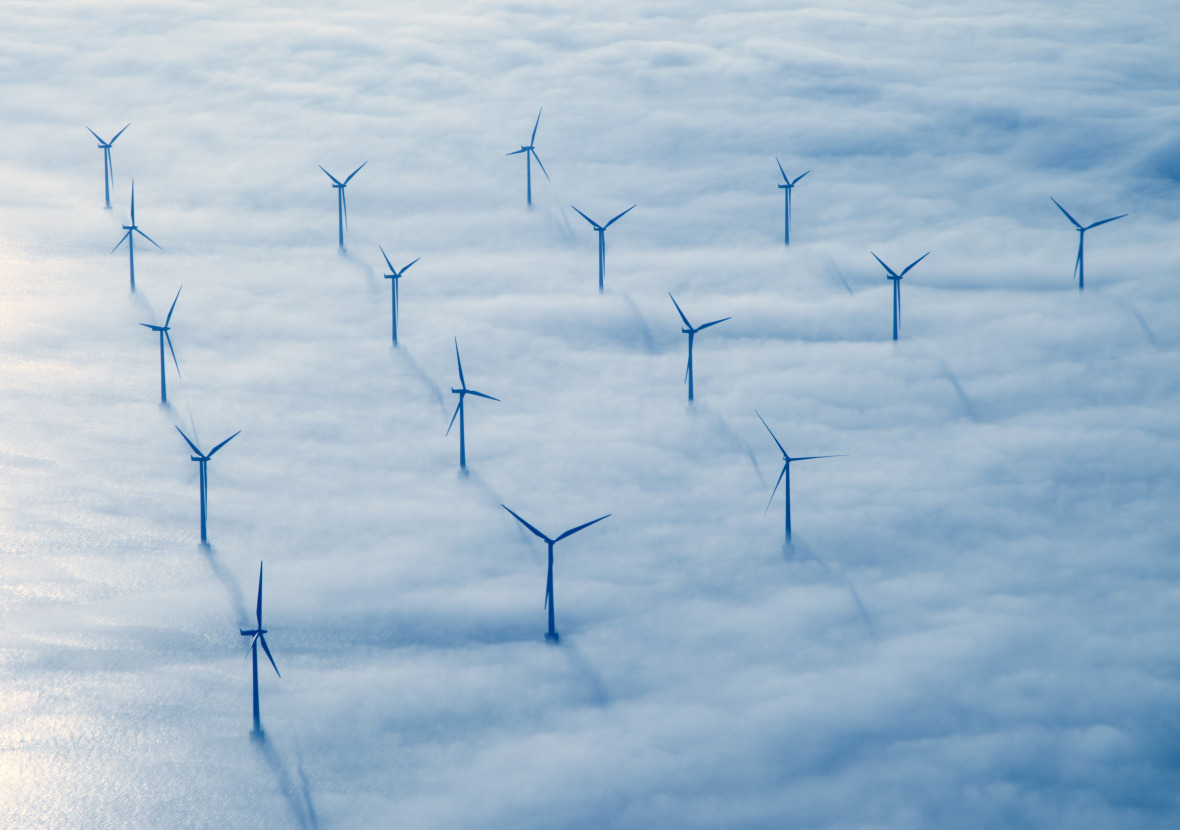Headline:
More Cooperation, Eliminating the Middleman in Electricity Sales: Citizen-owned Wind Farms React to Changed Conditions

Citizen cooperatives engaged in wind energy projects need to change tack across Europe in order to react to a changing environment exemplified by altered support instruments and dwindling political support for small, local wind-farm operators. This is the conclusion of a study that has just been published in the journal Energy Research & Social Science. It compares changes to the political framework conditions in Germany, Denmark, Belgium and Great Britain, as well as ways in which citizen wind power cooperatives have reacted to them. The study shows that citizen wind power cooperatives are increasingly joining forces and getting involved in new business areas like electricity sales.

Citizen participation is important for the Energiewende
In the past, the energy supply system has tended to favour large players. In the four countries examined in the study, governments have attempted to foster citizen power cooperatives to varying degrees. With more than 40 per cent of its electricity generated by wind, Denmark is the world leader in this field. Citizen energy cooperatives have played no small part in the expansion of wind energy; at times, they have operated almost 80 per cent of all the country’s wind turbines. In so doing, they benefited from stable feed-in tariffs and other regulations. In Germany, too, ordinary citizens became the main drivers of wind energy, thanks to the secure investment conditions enshrined in the Renewable Energies Act. In both of these countries, citizen involvement in the wind sector is much greater than in Belgium and the UK, whose support systems afforded few opportunities to small, new players.
Yet in forty expert interviews, the authors of the study discovered that despite the different framework conditions, there have been similar developments in all four countries. Energy expert Boris Gotchev, co-author of the study and project scientist at the IASS, sees a double movement here: “On the one hand, the conditions for citizen wind power cooperatives are increasingly hostile. In Germany and Denmark, for example, reforms of support mechanisms and planning regulations have exposed wind energy producers to greater market risks and stiffer competition for land use. In many cases, this puts citizen cooperatives at a disadvantage vis-a-vis large electricity companies and professional project developers, since the former are slower to act given their democratic decision-making processes and they dispose of less start capital. On the other hand, citizen cooperatives are adopting new strategies in response to these changed circumstances such as establishing joint interest groups, networks and businesses to sell electricity.”
Pooling resources to increase influence
In Germany, Denmark and Belgium a number of citizen cooperatives have jointly founded companies that pool the resources of their members. In this way, they can reduce their dependence on state funding and survive in a difficult environment. “Citizen initiatives will remain an epiphenomenon of energy transition if they do not succeed in transcending their local experience in order to form networks and coalitions at higher levels and articulate their interests to national and international strategies,” explains lead author Thomas Bauwens from the University of Liège.
And for Boris Gotchev, citizen participation remains vital to the success of the Energiewende. The involvement of citizens in concrete projects and decision-making processes is essential to achieving the desired expansion of renewables and also promotes greater societal acceptance for the transformation of the energy system.
Bauwens, T., Gotchev, B., Holstenkamp, L. What drives the development of community energy in Europe? The case of wind power cooperatives. Energy Research & Social Science 12. http://dx.doi.org/10.1016/j.erss.2015.12.016

